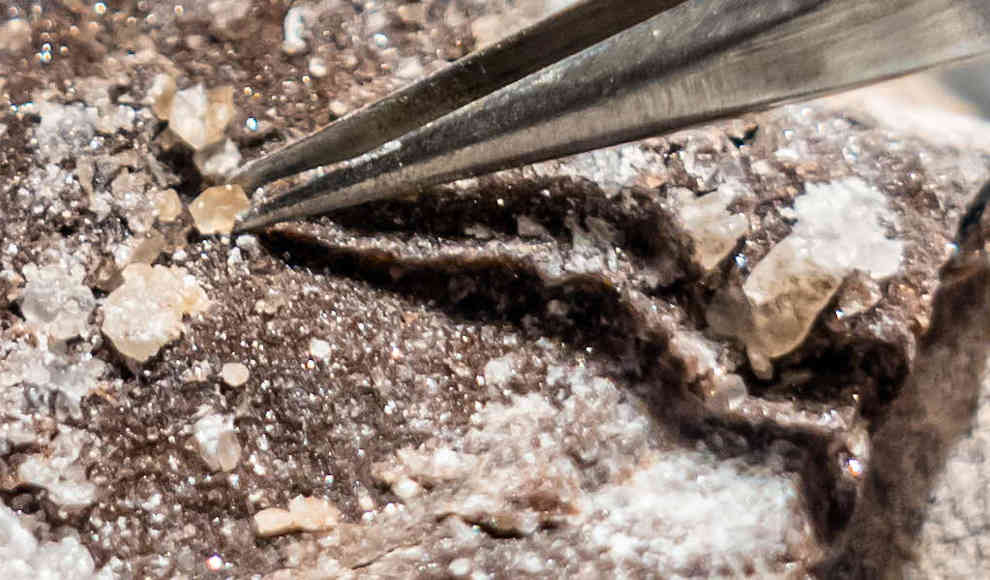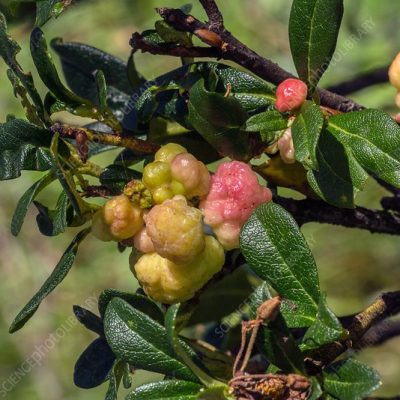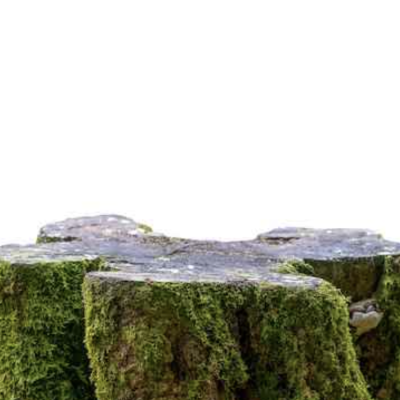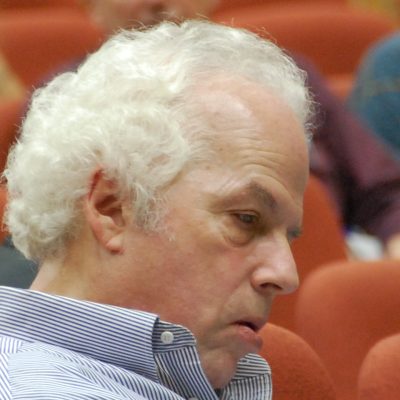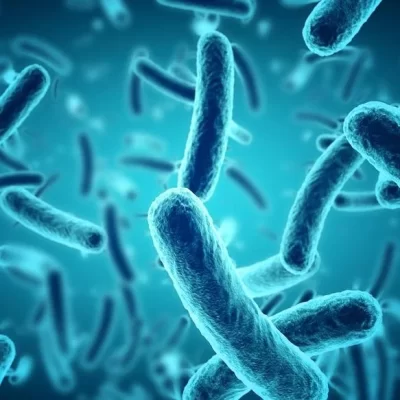Bacteria have been found to live 620 meters below the Earth’s surface in the Siljan meteorite crater in Sweden, according to a study of core samples. This discovery suggests that meteorites may be one of the causes of the colonization of the Earth’s crust, which may have a greater diversity of species than the surface. Scientists from Linnaeus University in Sweden have found evidence to support the theory that microbes settled in the depths due to meteorite impacts. The researchers analyzed seven core samples from the Siljan meteorite crater, the largest crater in Europe, which was formed about 380 million years ago. The analysis of the rock revealed tiny crystals of sulfide and calcium carbonate, whose chemical composition indicates that they were formed by microbial activity.
The researchers found that the impact structure of the Siljan meteorite crater, with its ring of broken Paleozoic sediments, was optimal for the colonization of the deep underground. The fragmentation of the rock allowed organic material and hydrocarbons to sink and serve as an energy source for the bacteria. The age of the crystals produced by the microbes was estimated to be between 22 and 80 million years old, indicating that the bacteria did not immediately colonize the crater after the meteorite impact, but waited until the rock cooled and the conditions improved. The study also suggests that the large natural gas deposits beneath the Siljan meteorite crater may have been created by microbes rather than geochemical processes.
The findings of the study confirm that impact craters create optimal living conditions for a deep biosphere, allowing life to exist in very deep layers of the Earth’s crust. The researchers believe that the diversity of species in the Earth’s crust may exceed that of the surface, and that microbes may play a significant role in the biomass of humanity. The study highlights the importance of meteorites in the evolution of life on Earth and the potential for life on other planets.


